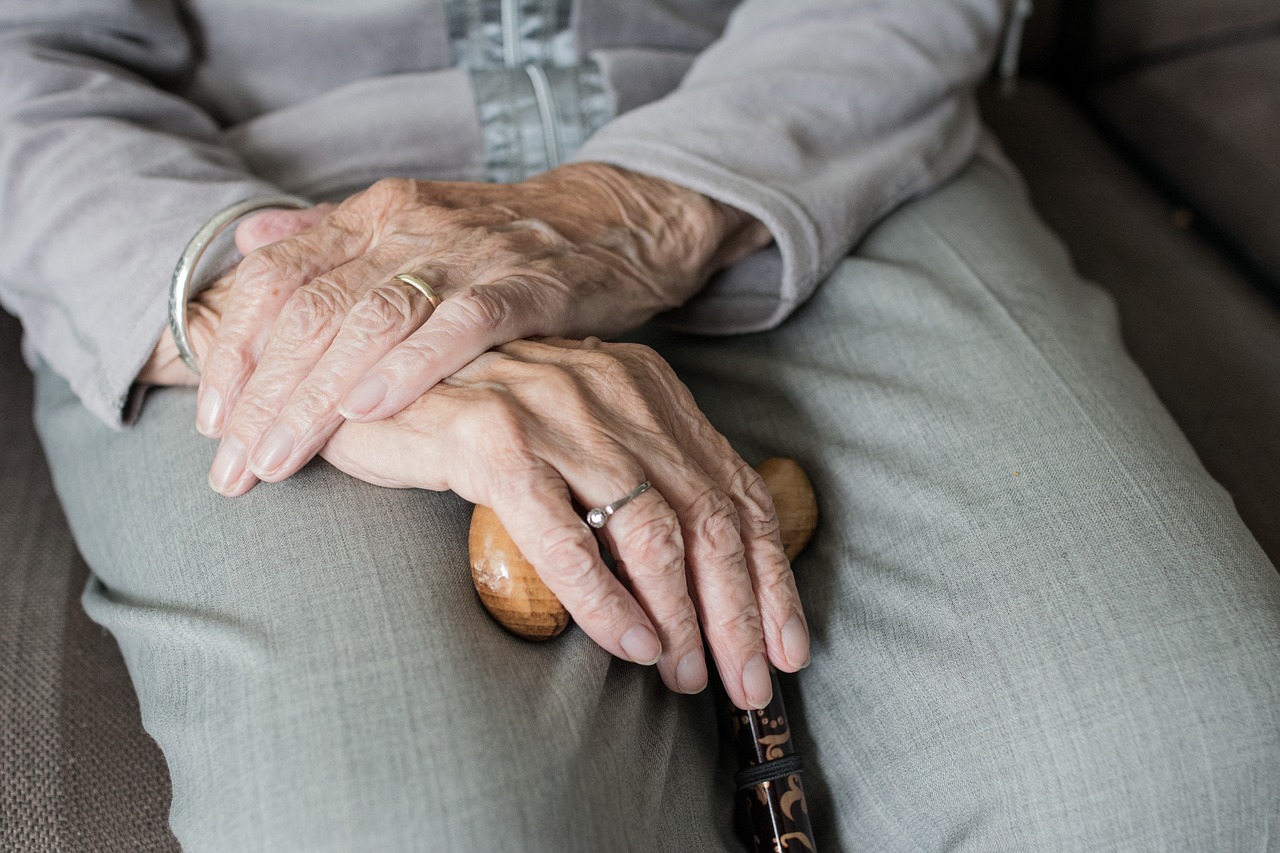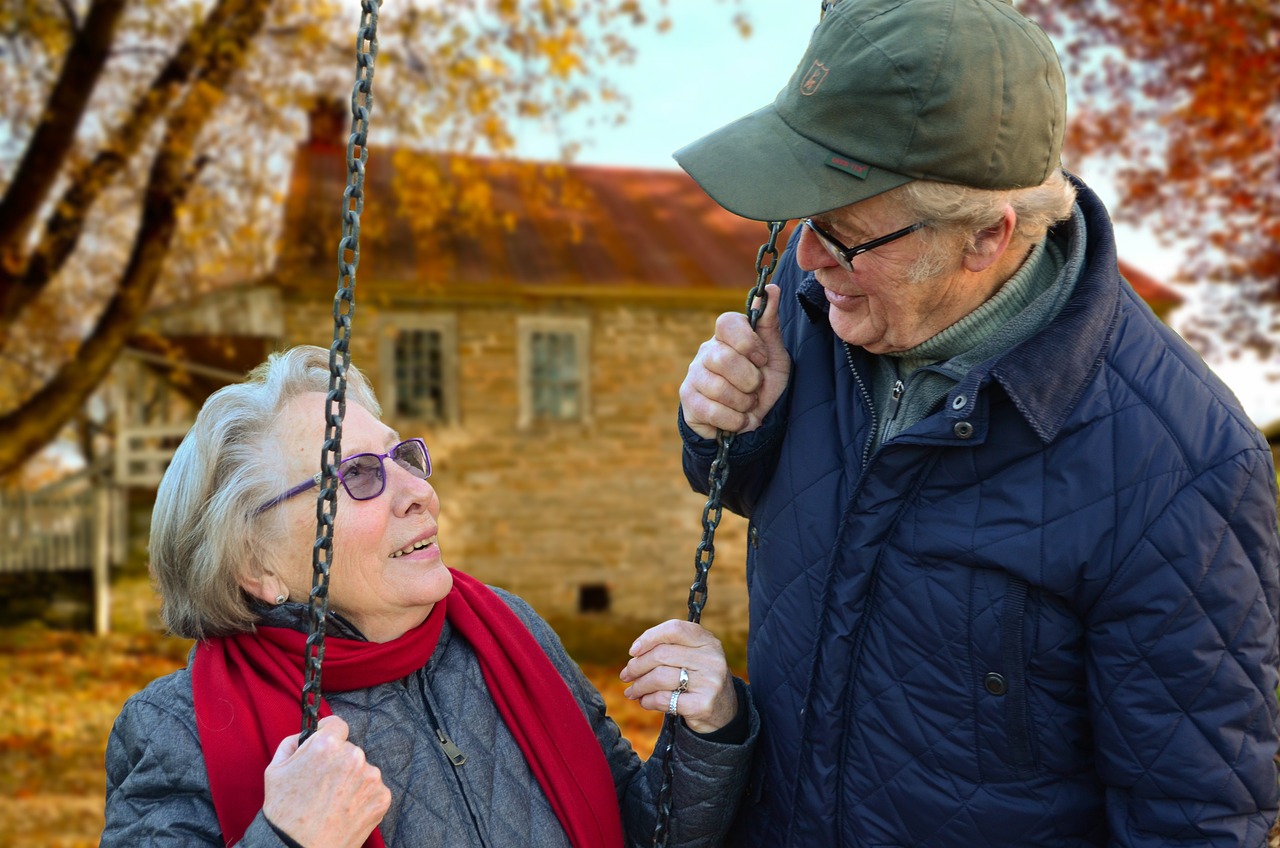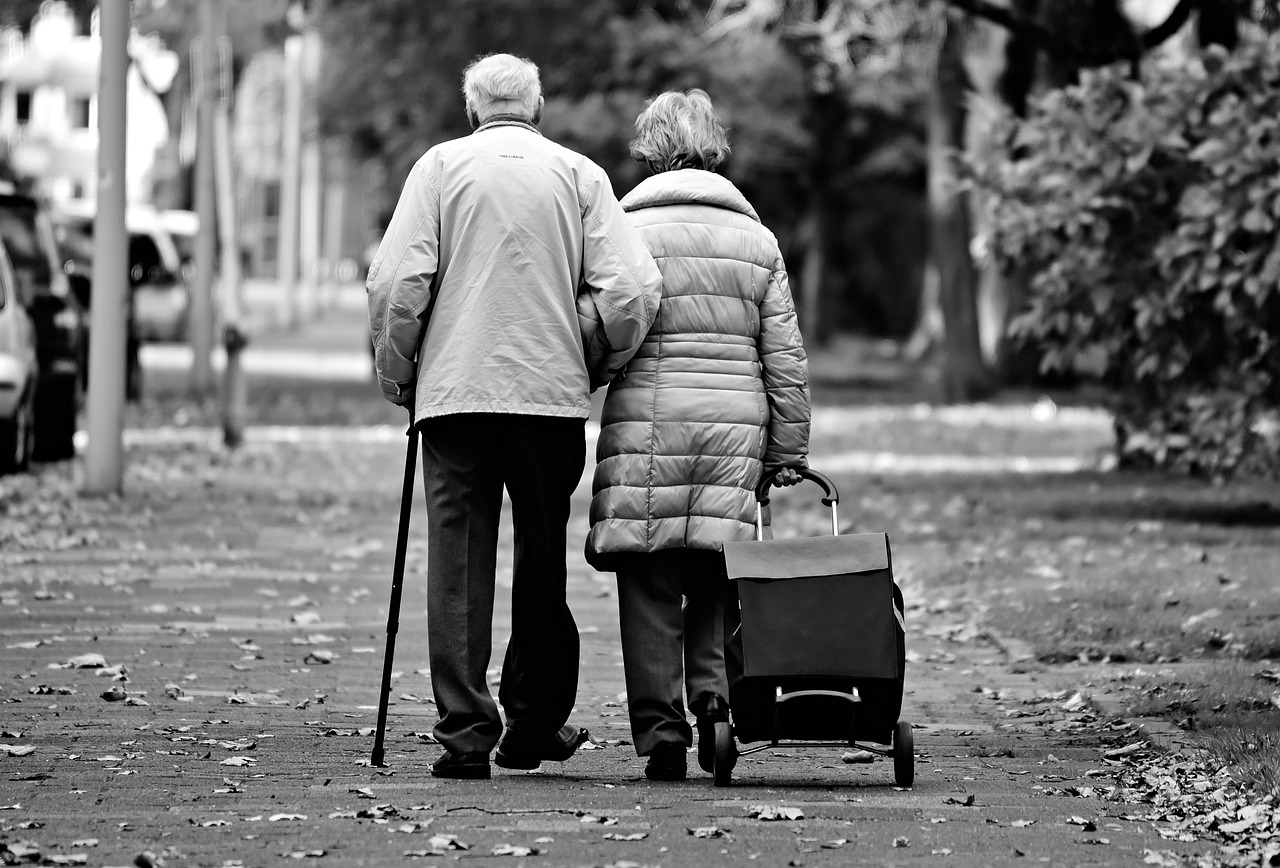By Nikolina Koulouri,
As the world grows older, a new era dawns, marked by the joys and challenges of an aging population. Our elderly citizens, with their wealth of experience and wisdom, are integral to our societies. Yet, they face unique economic and healthcare hurdles that demand our attention and action.
Starting with the economic challenges, one of the most significant issues elderly people face is financial insecurity. Many retirees rely on fixed incomes from pensions, savings, or social security benefits. However, these sources often don’t keep up with inflation, leading to a gradual erosion of purchasing power. The cost of living continues to rise, but their income remains static, making it increasingly difficult to afford basic necessities like housing, food, and utilities. For those who don’t have substantial retirement savings or other financial assets, this problem is even more pronounced. Moreover, the current old-age pension systems in many countries are under immense pressure. As life expectancy increases, people are living longer and, therefore, drawing benefits for more extended periods. This places a significant strain on such funds, which were often not designed to support such long-term payouts. The result is that these systems are facing sustainability issues, which can lead to reduced benefits or higher contribution requirements for the working population. For the elderly, this means a potential reduction in their already limited income, exacerbating financial insecurity.
Employment is another economic area where elderly people face challenges. While many would prefer to continue working, age discrimination in the job market can make it difficult to find employment. Even when they do find work, it often comes with lower wages and fewer benefits than jobs held by younger workers. Additionally, the rapid pace of technological change means that some older workers struggle to keep their skills up to date, which can limit their employment opportunities further.

In terms of healthcare, elderly people encounter a variety of hurdles that can affect their health and longevity. One major issue is access to healthcare services. As people age, they tend to require more frequent medical attention for chronic conditions like diabetes, heart disease, and arthritis. However, accessing these services can be challenging due to a variety of factors, including transportation difficulties, long wait times, and the high cost of care. The rising cost of healthcare is a significant concern for many elderly individuals. Even with insurance, out-of-pocket expenses for medications, treatments, and medical devices can add up quickly. For those on fixed incomes, these costs can be prohibitive, leading some to forgo necessary treatments or medications. This can result in worsening health conditions and a lower quality of life. Another significant challenge in healthcare is the shortage of specialized professionals trained in geriatric care. As the population ages, the demand for healthcare professionals who understand the unique needs of elderly patients is growing. However, there are not enough geriatricians, nurses, and other healthcare providers to meet this demand. This can lead to inadequate care, with elderly patients not receiving the specialized attention they need to manage their health effectively.
Mental health is another critical issue among the elderly. Many older adults face loneliness and social isolation, which can lead to depression and anxiety. The loss of a spouse, friends, or family members, can compound these feelings, making it harder for them to stay connected and engaged with their communities. Unfortunately, mental health issues in older adults are often overlooked or dismissed as a normal part of aging, which means that many do not receive the treatment they need.

Preventive care and health promotion are essential for managing the health of elderly people, but they are often underutilized. Regular check-ups, screenings, and vaccinations can help detect and prevent serious health issues before they become more severe. However, barriers such as cost, lack of awareness, and limited access to healthcare services can prevent elderly individuals from taking advantage of these preventive measures. Technology offers promising solutions to some of these healthcare challenges. Innovations like telemedicine can provide easier access to healthcare services, particularly for those with mobility issues or who live in remote areas. Wearable health devices can monitor vital signs and alert healthcare providers to potential problems before they become critical. However, the adoption of these technologies can be slow among the elderly due to factors like cost, lack of digital literacy, and privacy concerns.
Caregiving is another significant aspect of healthcare for elderly people. Many rely on family members for support with daily activities and medical care. While this can provide a sense of comfort and familiarity, it can also place a heavy burden on caregivers, who often juggle these responsibilities with their own work and personal lives. Caregivers can experience high levels of stress and burnout, which can affect their ability to provide quality care. Support systems and resources for caregivers are crucial but are often lacking.
In conclusion, the aging population brings a host of economic and healthcare challenges that need to be addressed to ensure that elderly people can live dignified, healthy, and fulfilling lives. Financial insecurity, inadequate pension systems, and employment challenges are significant economic concerns that need targeted solutions. In the healthcare sector, improving access to services, managing costs, addressing mental health, promoting preventive care, embracing technology, and supporting caregivers are all critical areas that require attention. Addressing these challenges will require coordinated efforts from governments, communities, healthcare providers, and families to create an environment, where the elderly can thrive and enjoy their later years.
References
- What are the Biggest Challenges and Problems for Elderly People in Our Society?. Smith Life Homecare. Available here
-
What are the Problems Faced by Elderly in our Society? Griswold. Available here




